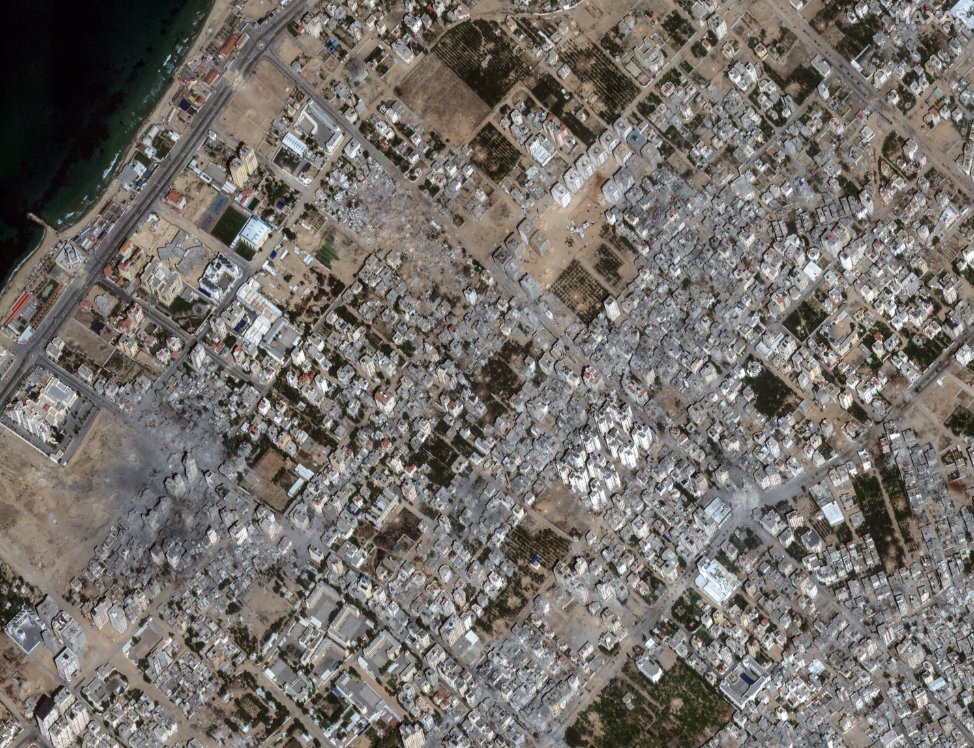Important new systematic review out on health effects #depleteduranium munitions in #Iraq by @ghiaub. Since its first use 1991, the use of DU spiked concerns among civilians and veterans, yet proper research has always been lacking. A short thread 1/x gh.bmj.com/content/6/2/e0… 

First of all, lack of transparency by the US in DU use in 1991 and 2003 in #Iraq hindered identifying contaminated areas, clean-up operations and health monitoring of exposed populations. In 2014, we got the first set through and Dutch FOIA 2/x theguardian.com/world/2014/jun…
In meantime, all kinds of faulty research popped up, making outrageous claims over radioactive contamination by sketchy 'scientists' or denied full-out any effects, mostly by US DoD linked researchers, fearing accountability. Here's a good overview 3/x wise-uranium.org/pdf/dumyths.pdf 

These concerns over birth defects and cancers should be taken seriously as it impacts the lives of people in #Iraq. Clearly its a bad idea to fire massive amounts of toxic and low-level radioactive waste into populated areas and tell people not worry 4/x
In 2016, another FOIA released provided us with 1100 locations in #Iraq where the A-10 fired over 1 million PGU-14 DU rounds. This data should have been released in 2003 as its essential for timely clean-up and research on civilian exposure risks 5/x
paxforpeace.nl/publications/a…
paxforpeace.nl/publications/a…

Most of the sensationalist research pieces that hit news were about health impact of #DU in Fallujah. However, our data showed that hardly any DU was fired there, so what happened there? See this @thenation piece on the complexity of the problem 6/x
thenation.com/article/world/…
thenation.com/article/world/…
This new 2021 systematic review on #depleted uranium underscores that problem: there are lots of biases in existing research, with problems around self-reporting, other sources of exposure and low participation. So what are the lessons we can learn from this? 7/x 

First, that all DU firing data should be released. This has been done to little and too late. Second, that sound, independent scientific research is needed to prevent speculations or denials over relations between toxic remnants of war and adverse health impacts. 8/x 

Third, acknowledge responsibility over military operations and environmental damage that should be prevented or mitigated through better planning and response. The current policy of denial and obfuscations prolonged unnecessary delays in clean-up and remediation work in #Iraq 9/x 

And lastly, to ban the use of #depleteduranium as called for by States and civil society orgs. Bullets made out of toxic heavy metal and radioactive waste have no place in munitions, in particular when fired in densely populated areas without any transparency and clean-up. 10/10 

• • •
Missing some Tweet in this thread? You can try to
force a refresh



























